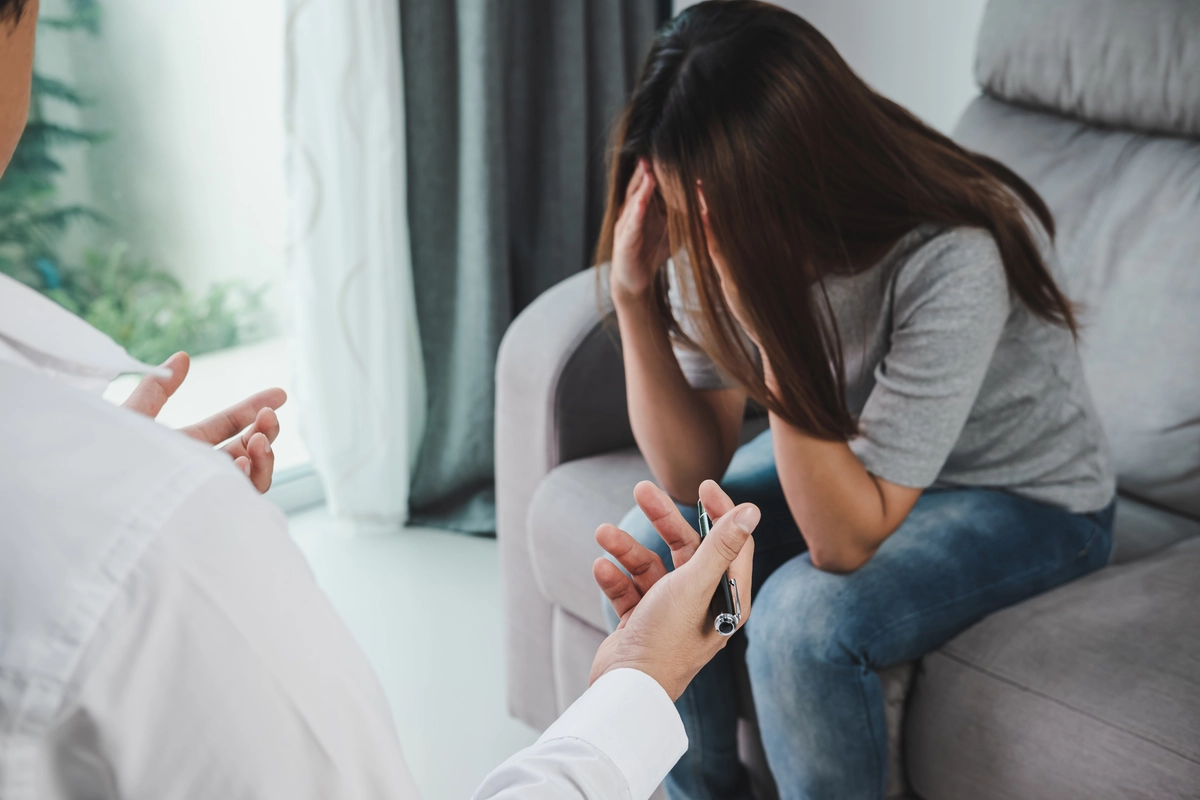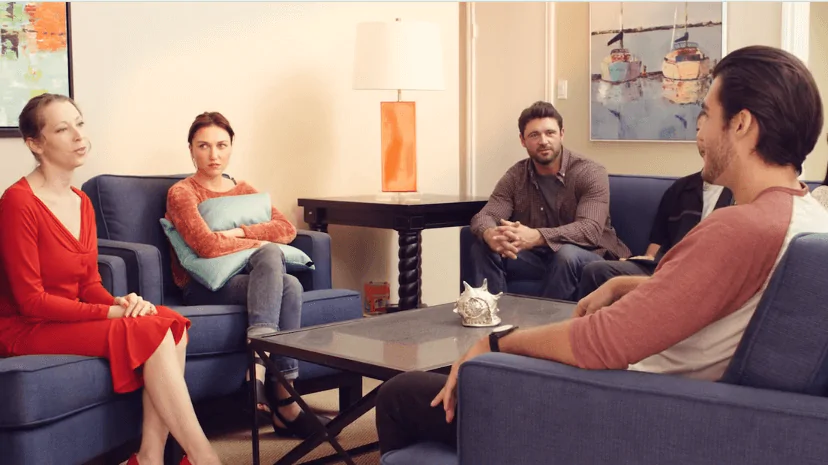24/7 Helpline:
(866) 899-111424/7 Helpline:
(866) 899-1114
Learn more about Aftercare Support centers in Marsing

Other Insurance Options

ComPsych

Aetna

Optima

Excellus

Group Health Incorporated

Access to Recovery (ATR) Voucher

Amerigroup

Cigna

Anthem

Premera

Choice Care Network

Health Choice

Coventry Health Care

EmblemHealth

MHNNet Behavioral Health

Carleon

Holman Group

BHS | Behavioral Health Systems

Optum

Self-pay options















